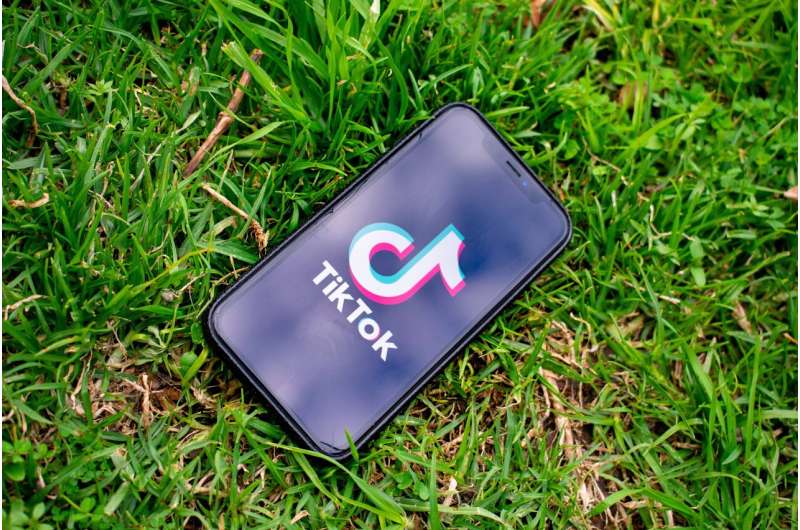
Teenagers and young adults who turn to TikTok for sexual education may be vulnerable to misinformation, according to an article co-authored by University of Houston Law Center Research Assistant Professor Leah Fowler of the Health Law & Policy Institute.
“Sex Education on TikTok: A Content Analysis of Themes” was published earlier this year in the peer-reviewed journal Health Promotion Practice. Fowler’s co-authors included Johns Hopkins University Assistant Professor Stephanie Morain, Baylor College of Medicine Health Policy Fellow Hadley Stevens Smith and Lauren Schoen, a former research coordinator at the Baylor College of Medicine and a J.D. candidate at The University of Texas School of Law.
TikTok is a video-based social media platform that features short-form videos. It was initially released in September 2016 and reached more than 1 billion global active users, the company said in a statement released in September.
“TikTok is a popular social media platform among adolescents,” the article stated. “For some, it also serves as a source of sex education, with videos potentially reaching millions of viewers in the United States and billions of viewers worldwide. This ecosystem exists largely outside the view of parents, health care providers, and educators and may be providing a separate sex education curriculum from that taught in homes, doctor’s offices, and schools. The vast majority of videos are user-generated content, with a small subset produced by private or public entities, like a company marketing a product.
“As a result, not all videos provide factual information. While TikTok’s Community Guidelines and Terms of Service currently seem to anticipate the creation of educational videos about the human body, the app does not regulate or oversee the content or provide disclaimers about misinformation or unverified claims beyond prohibiting and moderating the production of pornographic or otherwise inappropriate content.”
The study discusses the limited reach of sexual education, which traditionally is taught at schools, at home or in community and religious centers. The study suggests that stakeholders like parents, clinicians and educators should be proactive in initiating conversations about sexual health topics while providing factual information.
Source: Read Full Article